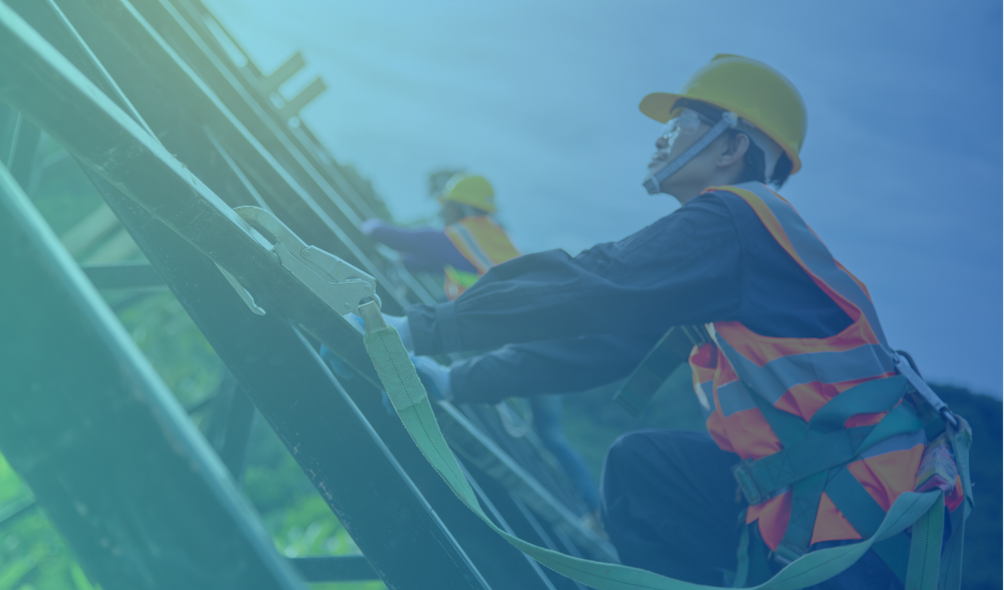Reputation management in times of fake news and online buzz
Manage your reputation with PR & SEO
Before customers go into business with your company, they look you up online. Not only do they look at how you position yourself on your website, but they also take into account what others write about you. News and consumer trends influence your company’s reputation. How should you deal with and respond to this?
Sooner or later, your company may have to deal with negative publicity:
- Local problems:
- Neighbours complaining about noise or odour nuisance and taking the legal battle to the press.
- Consumer organisations presenting your products negatively (e.g. List with ‘tested and disliked’ products).
- Criticism of advertising aimed at children
- Criticism of consuming alcohol (Tournée Minérale, an alcohol-free month), meat (Days without meat), sugar (National Sugar Challenge) etc.
- Price conflicts between food companies and retailers.
- International problems:
- Environmental and social issues such as deforestation, child labour, exploitation, plastic soup etc.
- The Coronavirus and its impact on the beer brand of the same name.
3 tips!
Know what's circulating online
First and foremost, map out your company's online reputation. Set up a monitoring tool. By the way, Google Alerts is completely free. Try Search Engine Optimization and guide stakeholders to your website. That way you have more control over the communication than the news sites.
Pay attention to public relations
Don't just communicate in times of crisis. Apart from the mandatory advertising messages, an image also needs to be built. You can do this by communicating newsworthy facts (e.g. new product launch, site acquisition, employee initiatives, product and packaging optimization etc.). Then communicate this to a broad audience (consumers, neighbours, non-professionals): avoid jargon, foreign words and abbreviations.
All employees are brand ambassadors
Both the offline word-of-mouth and the online word-of-mouse of your employees is crucial for the company's reputation. Don't just leave the communication to the marketing department and spokesperson. It is stronger and more credible when employees share messages. Not only is it guaranteed to spread much faster, but it also has a positive impact on your reputation.
Food Security helps her members by:
Organising a reputation management & crisis communication session on 22/10 in Dutch and on 28/10 in French. This interactive workshop is customised to communication managers who in times of calm as well as in times of crisis get both written and oral communication on their plate. In the morning we not only discuss how to do PR, but also what good crisis communication entails. In the afternoon there is a camera training with practical exercises.
Organising a workshop social media policy. Employees contribute to building up or breaking down your company’s reputation. In this workshop we discuss the creation of a policy that defines the private and professional use of social media on and off the shop floor. How do you tackle this? What needs to be included? What legal requirements does this have to meet?
Learning points

First aid for consumer complaints
When receiving a sensitive consumer complaint, a swift response is key. Proper complaint management directly affects consumer confidence in your brand and products.

Guest article: Ransomware and the brewing process
A cyber crisis has long been a distant concern for many companies. Today, cybersecurity should be one of their top priorities. Every company is vulnerable, whether multinational...

A vibrant security culture: your secret weapon against crisis situations
Investing in a strong security culture is the best way to arm your company against internal and external threats. It is therefore crucial that your company recognizes risks at a...






